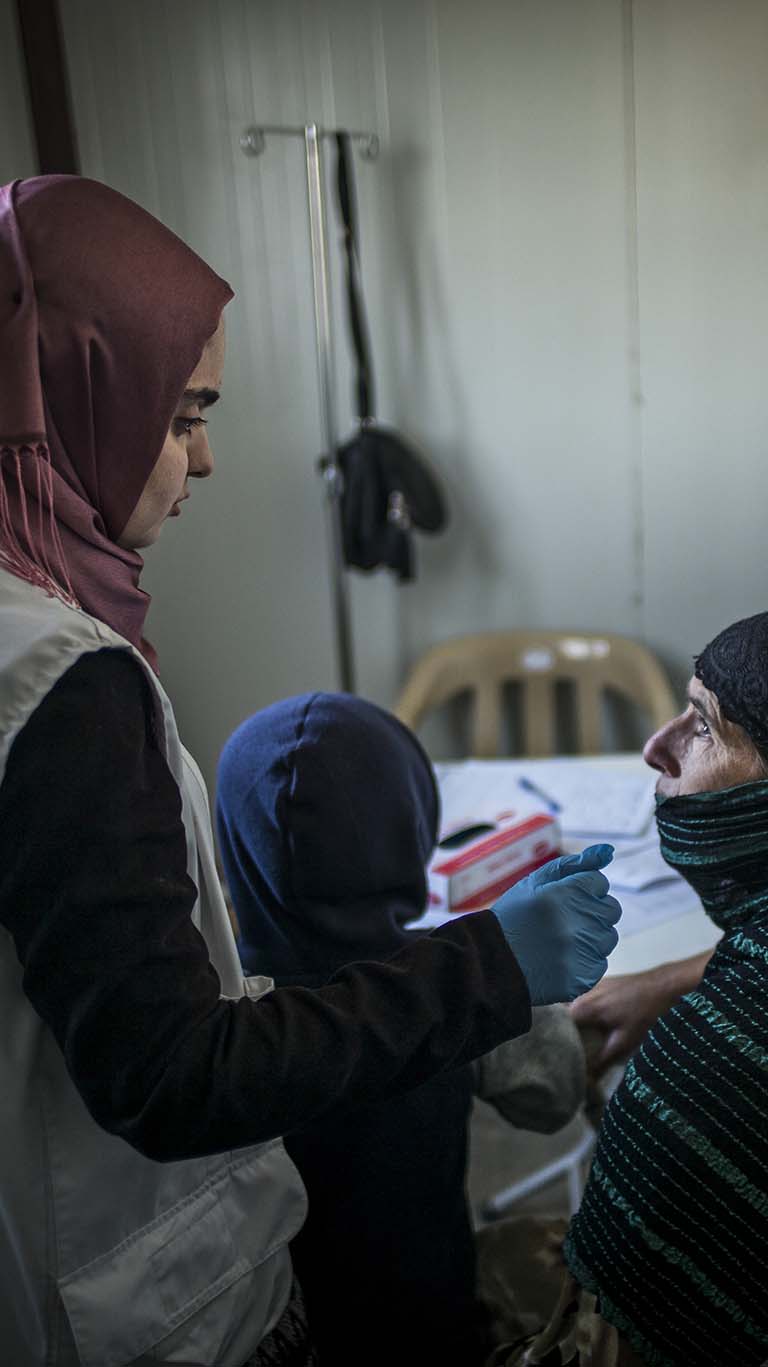Médecins du Monde is working in close partnership to support the departments of health in Dohuk, Kirkuk and Nineveh Governorates, providing high-quality health services at 14 primary healthcare centres.
people internally displaced in Iraq.

© Olivier Papegnies
people internally displaced in Iraq.
returnees in Iraq.
people in Iraq need humanitarian assistance.
people in Iraq don’t have access to healthcare and treatment.
Médecins du Monde’s emergency response includes a range of humanitarian assistance programmes. Find out more about our work and missions in Iraq.
Iraq is a country marked by years of conflict. Although it is gradually emerging from the crisis stage, the country is still extremely fragile and faces multiple political, economic, social and security challenges.
Since the beginning of the conflict with Islamic State in 2014, Iraq has been the scene of violent events which have forced millions of people to become internally displaced within the country. The majority have found refuge in Kurdistan and neighbouring regions. In 2017, military operations succeeded in liberating the city of Mosul in northern Iraq.
At the height of the conflict with Islamic State, around 6 million civilians were displaced in Iraq. Today about 1.3 million people are still unable to return to their home regions, with 70% of them displaced for over 5 years now. Although 4.7 million people have returned to their home regions, the humanitarian needs of these communities have increased significantly over the past year, especially among displaced people and returnees who are not living in camps. Around 2.5 million people are still living in emergency conditions, compared with 1.8 million in 2020.
Many factors contribute to the vulnerability of the Iraqi population: trauma linked to the abuses perpetrated by Islamic State, community tensions, concern about war debris that remains in the area and homes that have been damaged or destroyed. The lack of services available, especially in healthcare and education, and the shortage of employment and means of subsistence are also factors preventing people from returning home. This applies particularly to the Yazidi community of Sinjar, in Nineveh Governorate, and so they are receiving targeted humanitarian assistance.
In October 2020, the government accelerated the process of closing the camps for displaced people. In January 2021, it was estimated that 45,000 people had had to leave 14 camps in federal Iraq, joining the one million displaced people living outside the camp system. In the absence of sustainable rehousing options, the majority have had to find emergency solutions and 30% are now experiencing secondary displacement.
While the overall number of people in need of humanitarian assistance is similar to the figure in 2020, the proportion of those with acute needs rose by 38% in 2021, especially outside the camps and in places of return. This increase is in part due to the Covid-19 crisis.
In the areas most affected by conflict (primarily Nineveh, Anbar, Salah Al-Din and Kirkuk Governorates) there is a lack of infrastructure and shortage of healthcare staff, and the damage caused by the violence represents a major barrier for the most vulnerable in accessing care and treatment. However, the people who are directly exposed to the conflict are not the only ones feeling its impact. The situation in Iraq has also given rise to indirect victims, such as people who are displaced within the country, host communities and refugees from Syria.
Large-scale medical assistance must be rolled out in Iraq to support healthcare staff and victims, both direct and indirect.
In a country where the healthcare system was already struggling to cope, this fragile situation has been exacerbated by the sudden changes in the global humanitarian context due to Covid-19.
The main needs in terms of health are communicable disease prevention, sexual and reproductive healthcare, care for elderly people with chronic conditions, mental healthcare and the prevention of and response to gender-based violence.
In addition, climate change is a growing threat in Iraq. It is predicted that water shortages caused by the onset of a major drought could harm agricultural production. This would have an impact on the livelihoods and food security of communities and increase the risk of the spread of cholera and other diseases. Climate-driven migration was already being seen in the most affected parts of the country in 2021.
Fleeing war in Iraq
In response to the humanitarian emergency in Iraq and the multiple risks faced by local communities, MdM has put in place a humanitarian action plan to tackle a number of issues.
Addressing the needs of refugees
Médecins du Monde is working in close partnership to support the departments of health in Dohuk, Kirkuk and Nineveh Governorates, providing high-quality health services at 14 primary healthcare centres.
Médecins du Monde is involved at the health centre in the Chamishko camp, the largest camp for internally displaced people in the Dohuk region in Iraqi Kurdistan. We provide a sustainable humanitarian response to the health needs of the camp’s 27,000 residents.
In Nineveh and Kirkuk Governorates, Médecins du Monde supports local health centres with free-of-charge essential medicines and medical supplies, logistics support and infrastructure refurbishment, as well as capacity-building for local staff.
MdM also provides mental health and psychosocial support services (individual sessions and group activities) and refers serious cases to specialist services. In 2021, Médecins du Monde began to provide direct services to address gender-based violence (GBV), an issue exacerbated by the pandemic and the associated restrictions.
In the context of the humanitarian assistance we provide in Iraq, support to enable the most vulnerable to access good healthcare services is vital (primary healthcare, sexual and reproductive healthcare and mental healthcare). This is a central element in the challenge of resettling these communities which have been severely affected by the conflict.
The public health system in Iraq is very fragile and the range of services provided is inadequate.
Since 1990, our humanitarian activities in Iraq have sought to improve access to good quality health services for those affected by the conflict, whether displaced people or host communities.
In 2018, Médecins du Monde redirected its activities towards more sustainable support for local healthcare providers and the Iraqi health authorities.
This reorientation was given further impetus by the Covid-19 crisis which prompted us to provide more support to existing healthcare facilities, including primary healthcare centres.
As part of this transition process, we are also supporting the integration into primary healthcare centres of mental health and psychosocial support services and services for survivors of gender-based violence. Our humanitarian mission in Iraq is delivered in partnership with local communities to ensure its sustainability.
in 2021, the humanitarian assistance delivered in Iraq by Médecins du Monde facilitated:
Beneficiaries in 2021.
Budget in 2021.
Beneficiaries in 2021.
Budget in 2021.
Second Gulf War.
84 avenue du Président Wilson
93210 Saint Denis
+331 44 92 15 15


Email invalid
Veuillez remplir tous les champs obligatoires